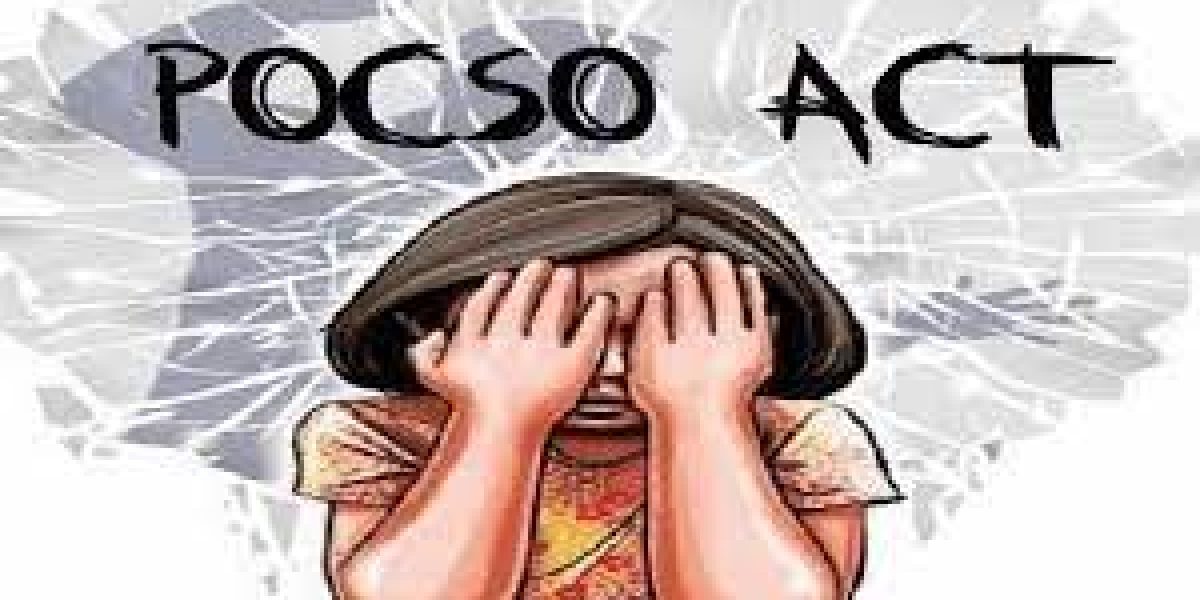The Protection of Children from Sexual Offences (POCSO) Act, 2012, stands as a crucial milestone in India’s legal framework, designed to safeguard children from sexual abuse, exploitation, and harassment. It was enacted to ensure that the rights and dignity of minors are protected and that justice is served swiftly and effectively. The Act not only defines various forms of sexual offences against children but also ensures child-friendly mechanisms for reporting, recording of evidence, investigation, and speedy trial.
A Comprehensive Legal Shield
Before the introduction of the POCSO Act, Indian laws lacked a specific statute addressing sexual crimes against children. The Act filled this gap by providing a clear and inclusive definition of offences, such as penetrative sexual assault, aggravated sexual assault, sexual harassment, and the use of children for pornographic purposes. It applies uniformly to both male and female children under 18 years of age, ensuring equal protection.
Child-Centric Procedures
One of the most commendable aspects of the POCSO Act is its child-sensitive approach. The law mandates that a child’s statement be recorded in a friendly atmosphere, ideally by a female officer, without causing trauma or intimidation. It also prohibits the disclosure of the child’s identity, thereby safeguarding their privacy and dignity. Special courts have been set up to ensure speedy trials and justice delivery.
Ensuring Accountability and Transparency
The POCSO Act enforces strict punishment for offenders, reflecting zero tolerance toward child abuse. At the same time, it holds accountable those responsible for investigation and prosecution, ensuring that no case is neglected or delayed. Amendments introduced in 2019 further strengthened the Act by increasing penalties, including the provision of the death penalty for aggravated offences, thereby serving as a stronger deterrent.
Challenges and the Way Forward
Despite its robust framework, the effective implementation of the POCSO Act remains a challenge due to social stigma, lack of awareness, and procedural delays. There is a pressing need for continuous training of police officers, prosecutors, and judges to handle such cases sensitively. Public awareness campaigns can also play a vital role in empowering children and encouraging reporting of offences.
Conclusion
The POCSO Act is not merely a law—it is a commitment to protect the innocence and dignity of every child in India. Strengthening its implementation, ensuring timely justice, and building a culture of awareness are essential steps toward creating a safer environment for the country’s young citizens. Accountability, both at the individual and institutional level, must remain at the heart of this mission.

